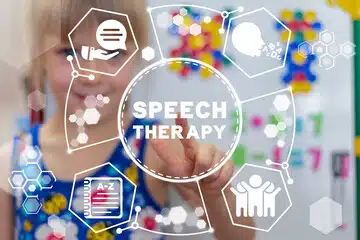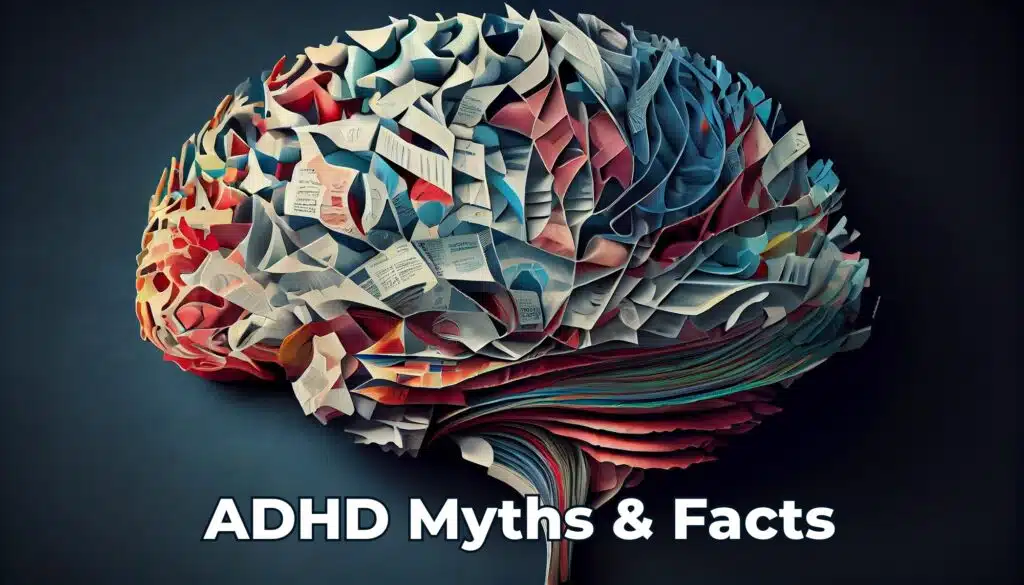It’s high time to confront the mammoth in the room—depression. This mental health disorder, as common as it is, carries a weighty stigma that often prevents those suffering from seeking the help they need. Let’s break down this stigma and present effective strategies on how to deal with depression.
“The simple solution for disappointment depression: Get up and get moving. Physically move. Do. Act. Get going.” —Peter McWilliams, Author
As mental health awareness grows, the general consensus has begun to understand that depression is not a sign of personal failure or weakness. It’s a serious medical condition with proven treatments. Organisations such as EDUCARE, based in the Hunter region of New South Wales, Australia, provide a non-judgmental, supportive environment for individuals facing emotional challenges, including depression.
Depression can affect anyone, regardless of age, gender, or social status. It can cast a dark cloud over everyday life, making tasks that were once simple and enjoyable become overwhelming. According to an article from Mayo Clinic, many persons with depression have symptoms that are severe enough to interfere with daily activities such as jobs, school, social activities, or relationships with others. Some people may be typically miserable or unpleasant without knowing why. Understanding how to deal with depression is a crucial step towards recovery, and it begins by breaking down the barriers of stigma.
Understanding Depression
Depression is a mental health disorder characterised by persistent feelings of sadness, disinterest, and a lack of energy. It can lead to various physical and emotional problems, impairing an individual’s ability to function at work or home.
“Depression is the inability to construct a future.” —Rollo May, American Existential Psychologist
Depression is not a choice, but a condition often triggered by a complex interplay of genetic, biological, environmental, and psychological factors. According to the Hope for Healing Foundation, it is easier to manage our actions than it is to control our thoughts. As such, it’s essential to treat it with the same respect and understanding as we would any other medical condition.
Strategies to Deal with Depression
- Seek Professional Help: There’s no shame in seeking help. Mental health professionals are trained to manage depression and provide strategies to cope. Whether it’s a psychiatrist, or a psychologist, like those at EDUCARE, they can offer the necessary medical and therapeutic treatments.
- Communication: Expressing your feelings to a trusted friend, family member, or even support line can be profoundly therapeutic. It’s crucial to remember that you are not alone; there are people who are available to listen and care about your well-being.
- Physical Exercise: Regular physical activity boosts the production of endorphins, known as ‘feel-good’ hormones, which act as natural anti-depressants. It helps boost oxygen supply around the body, and reminds yourself that you can be effective in your everyday.
- Proper Nutrition: A balanced diet supports brain function and mood regulation. Incorporating omega-3 fatty acids, vitamins, and minerals into your diet can boost your overall mood and energy levels.
- Mindfulness and Meditation: Mindfulness helps in focusing on the present moment, while meditation can relax the mind and body. Both can significantly reduce stress and symptoms of depression.
- Limit Alcohol and Avoid Drugs: These substances can exacerbate depression and make it harder for your brain to recover. Did you know that Alcohol is actually considered a ‘depressant’!
Breaking the Stigma
Stigma surrounding depression often stems from misunderstanding or misinformation. Breaking it requires collective efforts to promote understanding, empathy, and education. At EDUCARE, the team of specialists has long been contributing to this mission. Their work in psychiatry, psychology and therapy helps individuals navigate the complexities of their mental health without shame.
Depression is not a sign of weakness, but a sign that you have been trying to be strong for too long. And remember, it’s okay to seek help. The journey to recovery might be tough, but with the right strategies and support, it is possible.
If you or someone you know is battling depression, don’t hesitate to reach out to professionals like the team at EDUCARE, who are based in the Hunter region of New South Wales, Australia, and provide a non-judgmental, supportive environment for individuals facing emotional challenges, including depression. They provide a wide range of services from psychiatry to speech-language pathology, all aimed at improving the well-being of their clients.
Reach out to EDUCARE today to schedule an appointment with a specialist and you can request a callback.
Together, we can confront depression, break the stigma, and navigate the journey towards healing.
FAQs
What is depression?
Depression is a mental health disorder characterised by persistent feelings of sadness, disinterest, and a lack of energy that can lead to various physical and emotional problems, impairing an individual’s ability to function at work or home.
How can I deal with depression?
Dealing with depression involves strategies like seeking professional help, maintaining open communication, regular physical exercise, balanced nutrition, practising mindfulness and meditation, and avoiding substances like alcohol and drugs.
What is the importance of professional help in dealing with depression?
Mental health professionals are trained to manage depression and provide strategies to cope. They can offer the necessary medical or therapeutic treatments for individual needs.
How does physical exercise help in dealing with depression?
Regular physical activity boosts the production of endorphins, known as ‘feel-good’ hormones, which act as natural antidepressants, improving mood and energy levels.
What role does diet play in managing depression?
A balanced diet supports brain function and mood regulation. Incorporating omega-3 fatty acids, vitamins, and minerals into your diet can boost your overall mood and energy levels.
What is stigma associated with depression?
Stigma surrounding depression often stems from misunderstanding or misinformation. It can discourage individuals from seeking help for their mental health issues.
How can we break the stigma associated with depression?
Breaking the stigma requires collective efforts to promote understanding, empathy, and education about depression.
How can I get professional help for depression?
Organisations like EDUCARE provide a supportive environment for individuals facing emotional challenges, including depression. You can reach out to them for professional help.
Ready to take a step towards managing depression? Click here to schedule an appointment with one of our specialists at EDUCARE.



